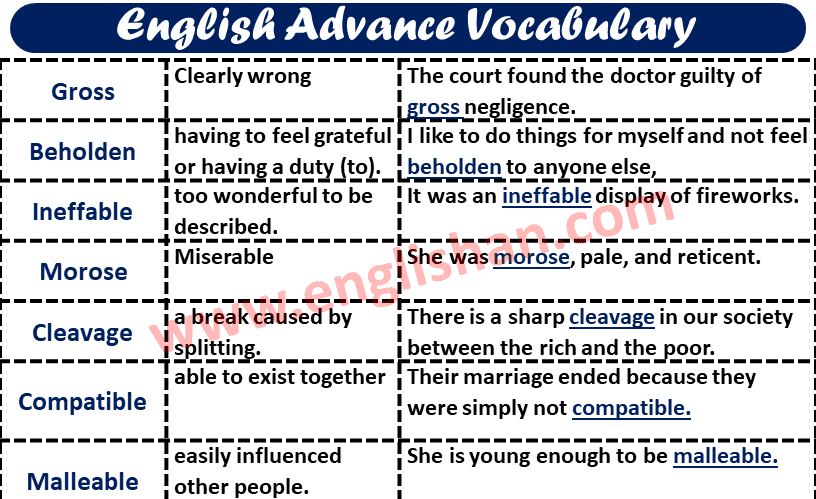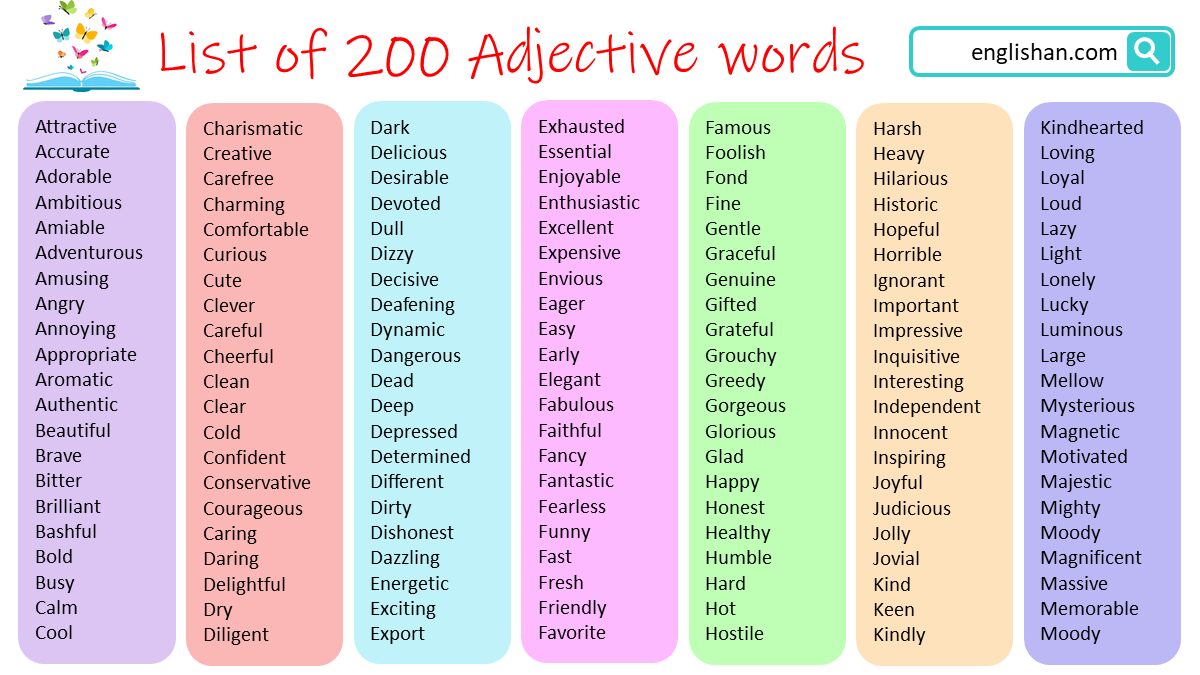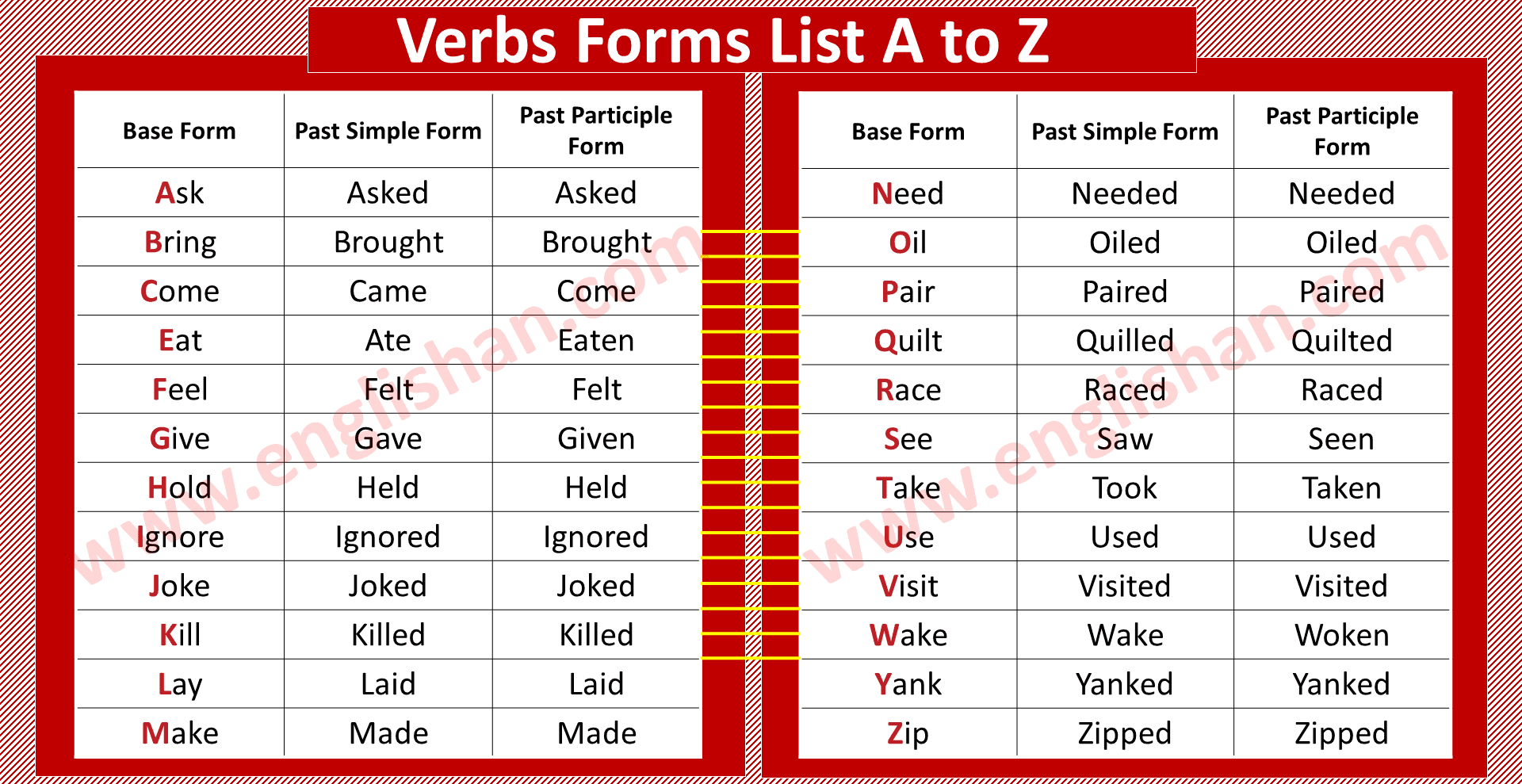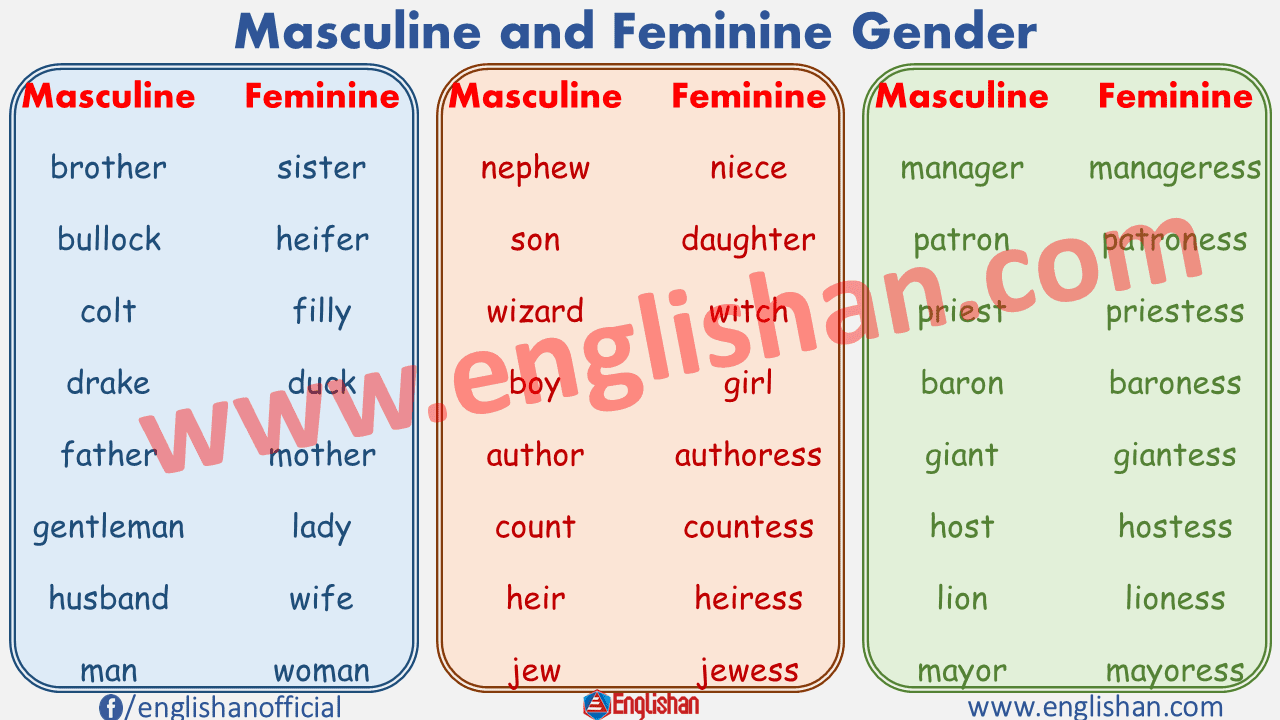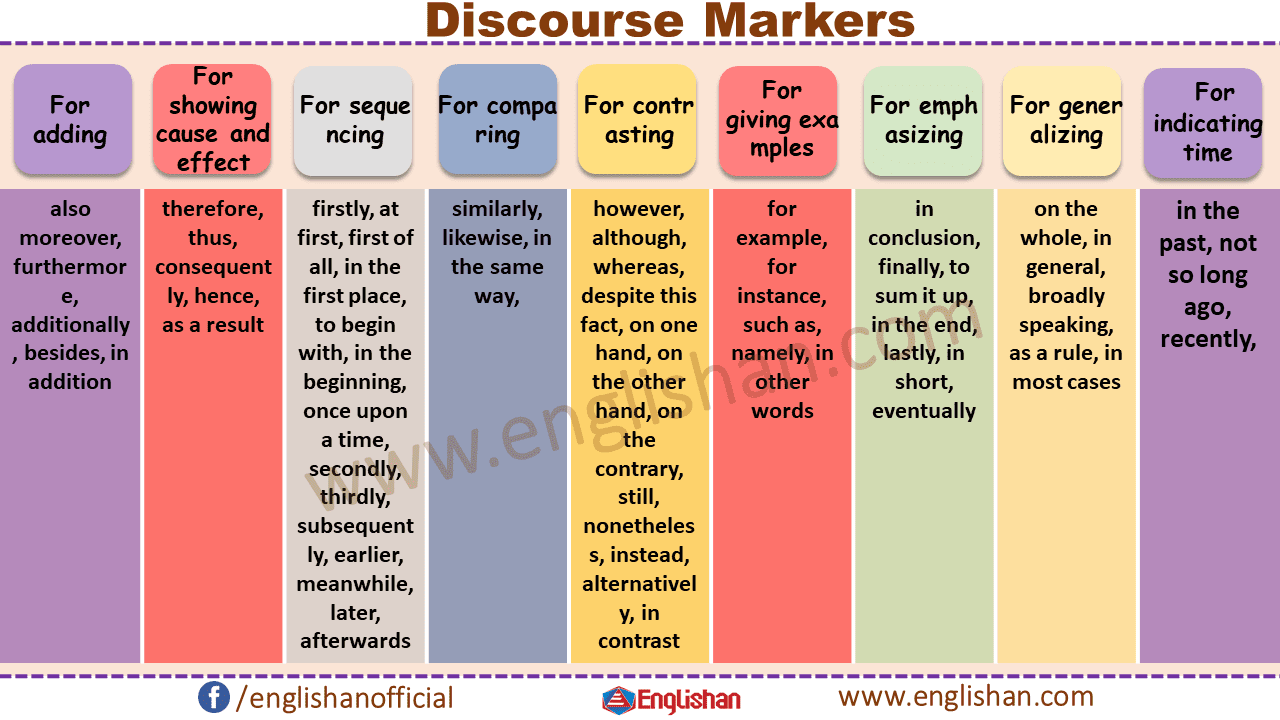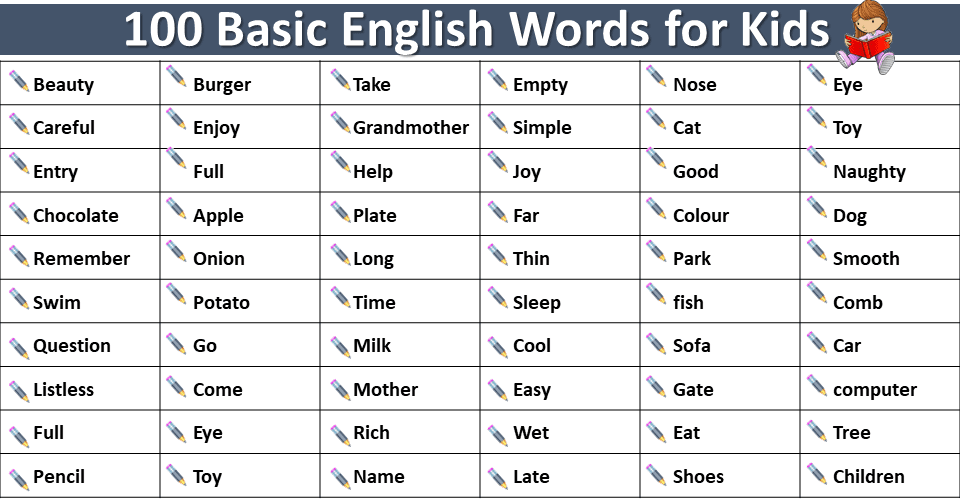Contents
In this blog post, we will help you master advanced vocabulary for IELTS. Building a strong word bank is essential for communicating clearly and achieving a higher score on the IELTS exam. Expanding your vocabulary will improve your reading, writing, speaking, and listening skills, making you more confident during the test.
For more vocabulary on different topics, visit our Vocabulary Category.
List of Advanced Vocabulary for IELTS
- Ingrained: (adj.) fixed firmly and deeply into the surface or inside.
He has a deeply ingrained dislike of small children.
- Scramble: (v) to move quickly, especially with difficulty, using your hands to help you;
She managed to scramble over the wall.
- Hordes: (n) large moving crowds especially those which are noisy or disorderly.
Hordes of children were running round the building.
- Itemize: (v) to produce a detailed list of things.
The report itemizes 23 different faults.
- Laconic: (adj.) using very few words to express what you mean.
He has a laconic way of speaking.
- Malice: (n) the wish, desire or intention to harm someone.
He got no advantage out of it; he did it from pure malice.
- Nonplus: (v) to cause someone to be surprised and not know what to think or do.
The speaker seemed completely nonplussed by my question.
- Proclivity: (n) propensity.
The opposition leader criticized the government’s proclivity for (towards) spending money.
- Marauding: (adj.) moving around in search of something to steal, bum or destroy.
They were attacked by marauding tribesmen.
- Ingenuous: (adj.) simple, direct, and inexperienced; naive.
Only the most ingenuous person would believe such a feeble excuse.
- Gross, (adj.) Clearly wrong; inexcusable.
The court found the doctor guilty of gross negligence.
- Beholden: (adj) having to feel grateful or having a duty (to).
I like to do things for myself and not feel beholden to anyone else,
- Ineffable: (adj.) too wonderful to be described.
It was an ineffable display of fireworks.
- Morose: (adj.) miserable; bad tempered; not willing to talk.
She was morose, pale, and reticent.
- Cleavage: (n) a break caused by splitting.
There is a sharp cleavage in our society between the rich and the poor.
- Compatible: (adj.) able to exist together, live together or with another thing.
Their marriage ended because they were simply not compatible.
- Malleable: (adj.) soft and easily made into different shapes.
She is young enough to be malleable.
- Dynamics: (n. pi) the way in which people or things behave and react to each other in a particular situation.
He is sadly unaware of the dynamics of political change.
- Ordeal: (n) a difficult or painful experience.
The parents went through a terrible ordeal when their child was kidnapped.
- Ordeal: (n) a difficult or painful experience.
The parents went through a terrible ordeal when their child was kidnapped.

- Straightjacket: (n) something which prevents free development; also spelled as “straitjacket”.
Film producers protested against the straightjacket of censorship.
- Reflex: (n) an unintentional movement that is made in reply to some outside influence.
The doctor hit my knee with a hammer to test my reflexes.
- Kudos: (n) public admiration and glory for something done.
He gained a lot of kudos by winning the essay competition.
- Antithesis: (n) the direct opposite.
The antithesis of life is death.
- Dither: (v) to behave nervously and uncertainly because one cannot decide.
For God’s sake stop dithering and make up your mind.
- Grievous: (adj.) very seriously harmful.
You have made a grievous mistake, which could affect the rest of your life.
- Hinge: (v) to depend on; have as a necessary condition.
The film’s plot hinges on a case of mistaken identity.
- Circumscribe: (v) to keep within narrow limits
His activities have been seriously circumscribed since his illness.
- Lax: (adj.) careless.
Lax security allowed the thieves to enter.
- Brazen: (adj.) without shame; immodest.
That he has been dismissed is a brazen lie.
- Obtuse: (adj.) annoyingly slow in understanding.
Is he stupid or is he being deliberately obtuse?
- Nemesis: (n) punishment or defeat that is deserved and cannot be avoided.
His delinquent son proved to be his nemesis.
- Meticulous: (adj.) fastidious; thorough.
He is always meticulous in keeping the records up-to-date.
- Ignominious: (adj.) bringing or deserving strong (especially public) disapproval damaging to one’s pride.
He had to suffer an ignominious defeat.
- Psychosis: (n) Psychosis: (n) a serious mental illness that affects the whole personality.
A person suffering from psychosis loses touch with reality.
- Legion: (adj.) very many.
Her admirers are legion.
- Malice: (n) the wish, desire or intention to harm someone.
He got no advantage out of it; he did it from pure malice.
- Detonate: (v) to (cause to) explode using special apparatus.
They detonated the bomb and destroyed the bridge.
- futile: (adj.) useless; unsuccessful.
Don’t waste time by asking futile questions.
- Neurosis: (n) anxiety.
Her neurosis is telling upon her health.

- Largesse: (n) [something given in] generosity to people who do not have enough.
Our people are in no need of richer nations largesse.
- Proliferation: (n) a rapid increase or spreading.
The proliferation of nuclear weapons should be discouraged.
- Euphoria: (n) a feeling of extreme happiness usually last on a short time.
The parents were in a state of euphoria after the baby was born.
- Execrable: (adj.) very bad or unpleasant.
Accusing us of being disloyal to cover his own sorry behaviour is truly execrable.
- Levity: (n) lack of seriousness.
This is no time for levity; we have important matters to discuss.
- Dynamics: (n. pi) the way in which people or things behave and react to each other in a particular situation.
He is sadly unaware of the dynamics of political change.
- Antithesis: (n) the direct opposite.
The antithesis of life is death.
- Latitude: (n)freedom to do, say, etc. what one likes.
The new law allows firms a lot less latitude than before infixing the price of their goods.
- Morose: (adj.) not willing to talk.
She was morose, pale, and reticent.
- Grievous: (adj.) very seriously harmful.
You have made a grievous mistake, which could affect the rest of your life.
- Dither: (v) to behave nervously and uncertainly because one cannot decide.
For God’s sake stop dithering and make up your mind.
- Muster: (v) to gather or collect.
I mustered (up) my courage and walked onto the stage.
- Pragmatic: (adj.) realistic.
He has a pragmatic approach to management problems.
- Hinge: (v) to depend on; have as a necessary condition.
The film’s plot hinges on a case of mistaken identity.
- Mainstream: (n) The main or most widely accepted way of thinking or acting in relation to a subject.
These days he is not in the mainstream of politics.
- Obtuse: (adj.) annoyingly slow in understanding.
Is he stupid or is he being deliberately obtuse?
- Ignominious: (adj.) bringing or deserving strong (especially public) disapproval damaging to one’s pride.
He had to suffer an ignominious defeat.
- Irrevocable: (adj.) that cannot be changed.
My decision is irrevocable.
- Motley: (adj.) of many different kinds.
There was a motley collection of books on the shelf.
- Expertise: (n) special skills or knowledge in a particular subject.
There we met some trainee engineers with varying degrees of computer expertise.

- Muster: (v) to gather or collect.
I mustered (up) my courage and walked onto the stage.
- Pernicious: (adj.) very harmful but not easily noticeable; having or being an evil influence.
These horror videos have a pernicious effect on children.
- Colossal: (adj.) extremely great or large.
It is a colossal waste of money.
- Salvage: (v) to save (goods or property) from loss or damage.
After the fire there wasn’t much furniture left worth salvaging.
- Manipulate: (v) control or influence in a clever way.
He knows how to manipulate the audience.
- Bulwark: (n) someone or something that protects or defends something such as a belief, idea, or way of life.
Our people’s support is a bulwark against the enemy.
- Moot: (v) to state (a question, matter, etc.) for consideration.
The question of changing the rules was mooted at the meeting.
- Precedence: (n) priority.
She had to learn that her wishes did not take precedence over other people’s needs.
- Gambit: (n) sacrifice of a piece for the sake of an advantage in the opening stages of a game.
His basic gambit is to give them presents before the interview.
- Enfranchise: (v) to give the right to vote at elections.
When were women enfranchised in Britain?
- Reflect (v) to think about something carefully and seriously.
He reflected for a moment and then began to speak again.
- Ascendancy: (n) a position of power, influence, or control.
He slowly gained ascendancy in the group.
- Harrowing: (adj.) causing great suffering and anxiety in the mind; distressing.
To see someone killed is a very harrowing experience.
- Loquacious: (adj.) liking to talk a lot.
I never saw a more loquacious woman than she.
- Languish: (v) to experience long suffering.
She languished in prison for fifteen years.
- Loquacious: (adj.) liking to talk a lot.
I never saw a more loquacious woman than she.
- Flounder: (v) to move about helplessly or with great difficulty, especially in water, mud, snow, etc.
The little dog was floundering around in the snow, so I picked it up.
- Menace: (n) a threat or danger.
The busy road is a menace to the children’s safety.
- Jumble: (n) a disorderly mixture of things or ideas.
His lecture was a jumble of confused ideas.
- Exegesis: (n) an explanation of a piece of writing.
This look contains a substantial exegesis of the poem ‘Waste Land’.

- Revile: (v) to express hatred of; speak very strongly and angrily.
This much reviled novel is remarkable in many ways.
- Jumble: (n) a disorderly mixture of things or ideas.
His lecture was a jumble of confused ideas.
- Harrowing: (adj.) causing great suffering and anxiety in the mind; distressing.
To see someone killed is a very harrowing experience.
- Coterie: (n) a small group of people who do things together.
He belongs to a small coterie of artists.
- Induce: (v) to lead (someone) to do something often by persuading.
Nothing could induce her to be disloyal to her husband.
- Putsch: (n) an attempt to get rid of a government by force, made by military leaders or politicians
Pakistan has a history of intrigues and putsches.
- Irrevocable: (adj.) that cannot be changed.
My decision is irrevocable.
- Dike (Dyke): (n) a wall or bank built to keep back water and prevent flooding.
The work on the new dike is in progress.
- Colossal: (adj.) extremely great or large.
It is a colossal waste of money.
- Mainstream: (n) The main or most widely accepted way of thinking or acting in relation to a subject.
These days he is not in the mainstream of politics.
- Futile: (adj.) useless; unsuccessful.
Don’t waste time by asking futile questions.
- Validate: (v) to make valid, especially legally.
In order to validate the agreement both parties signed it.
- Pernicious: (adj.) very harmful but not easily noticeable; having or being an evil influence.
These horror videos have a pernicious effect on children.
- Largesse: (n) [something given in] generosity to people who do not have enough.
Our people are in no need of richer nations largesse.
- Nuance: (n) a slight delicate difference in meaning, colour etc.
There is a nuance of greater uncertainty in “I might do it” than in “I may do it”.
- Corollary: (n) something such as a statement or course of action that naturally follows from something else.
The government wants to spend more on defence: the corollary of that statement is that they want to spend less on everything else.
- Ingratiate: (v) to gain favour by making oneself pleasant, showing admiration, etc.
He is obviously trying to ingratiate himself with the boss.
- Flounder: (v) to move about helplessly or with great difficulty, especially in water, mud, snow, etc.
The little dog was floundering around in the snow, so I picked it up.
- Bastion: (n) someone or something that is regarded as strongly defending a particular principle or activity.
The club is one of the last bastions of male chauvinism.
- Incumbent: (n) being the duty or responsibility (of someone).
It is incumbent on/upon the purchaser to check the contract before signing.

FAQs
To score 8.5 in IELTS:
1. Understand the test format.
2. Aim for at least 8.0 in each section.
3. Practice vocabulary, grammar, and fluency daily.
4. Use mock tests and improve weak areas.
5. Write and speak clearly with good examples.
6. Manage time well during the test.
7. Get expert feedback if needed.
8. Stay consistent and confident.
Practice regularly, and you’ll succeed!
To improve IELTS vocabulary:
1. Read newspapers, books, and articles daily.
2. Learn 5–10 new words every day.
3. Write down meanings, synonyms, and examples.
4. Focus on IELTS topics like education and health.
5. Use new words in writing and speaking.
6. Watch English news and videos to find new words.
7. Use apps like Quizlet for practice.
Practice daily, and your vocabulary will grow!
Yes, a 7.0 in IELTS Speaking is very good! It shows you:
1. Speak clearly and confidently.
2. Use good vocabulary and grammar.
3. Handle different topics easily.
This score is enough for most universities and jobs. Keep practicing if you want to improve further!
Here are some powerful words to use in IELTS writing:
1. Moreover – Adds more information.
2. Furthermore – Gives a stronger point.
3. In contrast – Shows differences.
4. Consequently – Shows the result.
5. However – Shows a difference.
6. Significant – Very important.
7. Evident – Clear or obvious.
8. Crucial – Very important.
9. Recommend – Suggest.
10. Indicate – Show.
These words will make your writing clearer and stronger.
To get 7.5 in IELTS Writing:
1. Answer all parts of the question.
2. Organize your ideas clearly.
3. Use different words and avoid repetition.
4. Check your grammar.
5. Support ideas with examples.
6. Write clearly and simply.
7. Practice regularly and get feedback.
8. Proofread your work.
These steps will help you reach a 7.5!
You May Also Like
